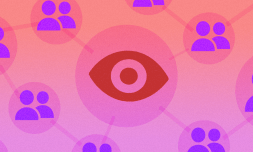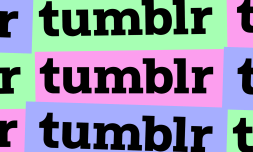A new global study by researchers at the University of Cambridge and UBC has found that ‘Gen Z, women, conservatives, and less-educated individuals’ are more likely to believe misinformation. This goes against many common ideas of younger people being more digitally native than their parents.
New research indicates that Gen Z are the most susceptible to misinformation, contradicting assumptions that young people are more digitally savvy than older generations.
A global study of 66,000 people indicates that vulnerability to misinformation varies across age, gender, education and political ideology. Those involved undertook a test to judge whether headlines were real or false.
According to the research, ‘Gen Z, women, conservatives, and less-educated’ individuals were more likely to believe incorrect information.
However, Gen Z and women were also better at understanding their own limits and susceptibility to misinformation. Educated people apparently overestimated their skills. The study concluded that there was an urgent need for targeted misinformation interventions.
The research was conducted by first authors Hyunjin Koo of UBC and Yara Kyrychenko of the University of Cambridge, published as part of the Personality and Individual Differences journal.
According to the team of researchers, two key aims were outlined before they began. They wanted to understand how likely different groups of people are to fall for misinformation and how well people think they can spot fake news.
The news that Gen Z are one of the most at risk of believing misinformation will come as a shock to many of the general public, but less so in academic spaces.



















